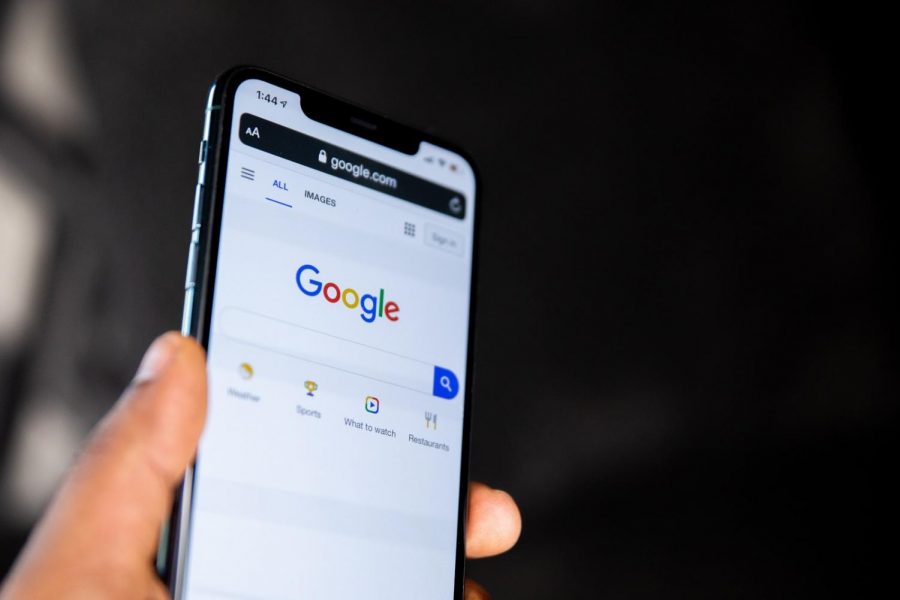Antitrust Laws Versus Big Tech
The Federal government seeks to probe tech giants for their monopoly on information.
As Google and Facebook look to defend themselves from antitrust lawsuits, questions about the government’s relationship with big tech firms emerge.
Big tech corporations have the ability to influence our perceptions through the media that we consume on a day-to-day basis, by determining what is recommended to users. As a result, there has never been a more widespread sentiment towards regulating the platforms responsible for these behaviors.
The Federal Trade Commission has issued a lawsuit against Facebook, claiming that the company has kept a monopoly that champions anticompetitive behaviors. The case falls in line with another antitrust lawsuit, this time against Google, on the grounds that the company has protected its monopoly by leveraging ad delivery. Advertising Google products exclusively hurts competition, which drives innovation, and hurts consumers in the long run. These cases mark a historic effort on behalf of the United States government, which usually tries to refrain from interfering in private enterprise, now delving into the nation’s tech sector and its machinations.
“I feel as if Google and Facebook having a monopoly over the media is something that goes against what the founding fathers wanted. We want free speech and the ability for our voices to be heard directly. We do not want our voices put through a controlled filter that doesn’t care about the people but about trends instead, along with what is most profitable. Google and Facebook‘s monopoly over the media goes against the mission that they started in the first place,” said Ayman Akhter ’21.
Facebook CEO Mark Zuckerberg claimed, “we compete hard and we compete fairly,” responding to the FTC, just as 47 state attorneys led by New York Attorney General Letitia James signed on an investigation to look into the inner workings of the tech conglomerate.
Slammed for anti-competitive behavior, Facebook faces the possibility of having to divest its assets. This includes Instagram and WhatsApp, as the FTC fears that the acquisition of such companies harms competition and deprives consumers of the benefits of competition.
In the case of Google’s lawsuit, there are multiple allegations that relate to Google’s abuse of power and the attention economy. Considering that Google has signed multimillion-dollar agreements to ensure that its search engine is the default for consumers and that advertisements and priority search results give Google an edge over its competitors, it is clear that the tech giant has unparalleled leverage compared to its competitors.
With the cases underway, many have begun to voice their opinions about the monopoly of the ‘attention and advertising’ market. “It’s sad to see it have to come to this point where people feel they can’t do anything about these companies or try to contest them. Advertising can definitely be improved upon by trying to introduce fair advertisements to all groups, in the hopes of attracting more buyers rather than limiting competition . Therefore, the ads may in fact be relevant to the consumer,” said Hassib Mohammed ’21.
While the Department of Justice and the Federal Trade Commission work on their respective lawsuits, it will be a long time before any change is enacted. Breaking up monopolies often takes years to play out, as we have seen with Microsoft back in 1988. In the short run, we can expect Google and Facebook to maintain their monopolies, just as smaller companies can expect large barriers to entry.
“Google and Facebook‘s monopoly over the media goes against the mission that they started in the first place,” said Ayman Akhter ’21.
Arian Berisha is a Copy Chief for ‘The Science Survey,’ helping with quality control and copy-edits, while also writing for the school's newspaper....

